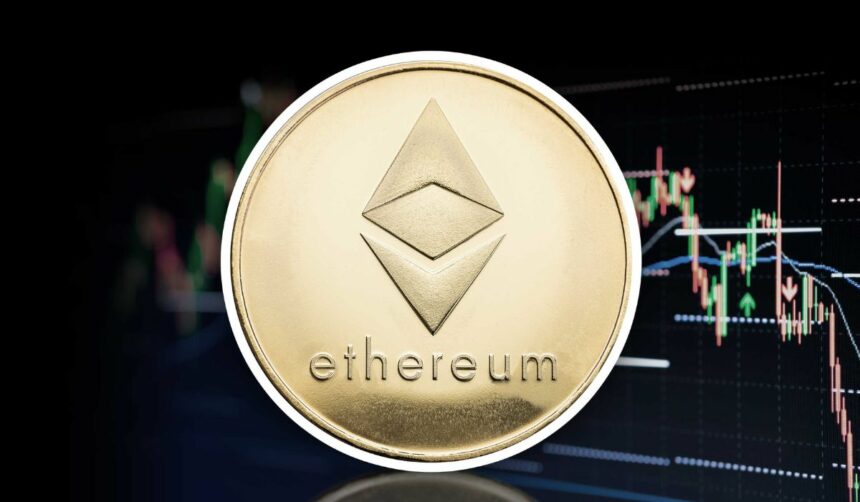During the first quarter of 2024, Ethereum’s financial report revealed a substantial surge in earnings, marking a significant milestone for the network’s profitability.
Per analysis conducted by Coin98, Ethereum witnessed a staggering increase in commission income, soaring to an impressive $1.17 billion.
This remarkable figure represents a noteworthy 155% surge compared to the corresponding period in 2023, firmly establishing Ethereum as a powerhouse in the realm of blockchain technology.
Delving deeper into the financial metrics, Ethereum’s net profit for the quarter amounted to a commendable $369.11 million, showcasing a remarkable 209.5% surge from the previous year.
However, this surge in revenue was accompanied by a proportional increase in expenses, which escalated to nearly $666 million.
Despite this, Ethereum managed to surpass the coveted $1 billion revenue mark, underscoring its robust financial performance.
The surge in revenue was underpinned by a substantial uptick in network activity, with the number of daily active users surpassing 404,000 and daily transactions soaring to 1.18 million. Impressively, over 107 million transactions were executed on the network during the first quarter, accompanied by the addition of 263.8 million unique addresses.
Notably, the average daily commission amounted to 508.77 Ethereum (ETH), further highlighting Ethereum’s dominance in the blockchain landscape.
In addition to transactional activity, Ethereum emerged as a hub for Non-Fungible Tokens (NFTs), with over 4.8 million NFTs created on the platform during the quarter.
The USDT stablecoin retained its position as the largest Ethereum-based stablecoin by market capitalization, further solidifying Ethereum’s stature in the realm of decentralized finance.
However, amidst these milestones, Ethereum faced challenges in the form of escalating transaction costs, driven primarily by the proliferation of ERC-20 tokens, notably meme coins.
This surge in transaction costs underscored the critical need for scalable solutions to accommodate the burgeoning demand without disenfranchising users.
Fortunately, the March Dencun update addressed some of these concerns by optimizing commission structures, particularly for Ethereum layer 2 solutions, resulting in a significant reduction in fees.










